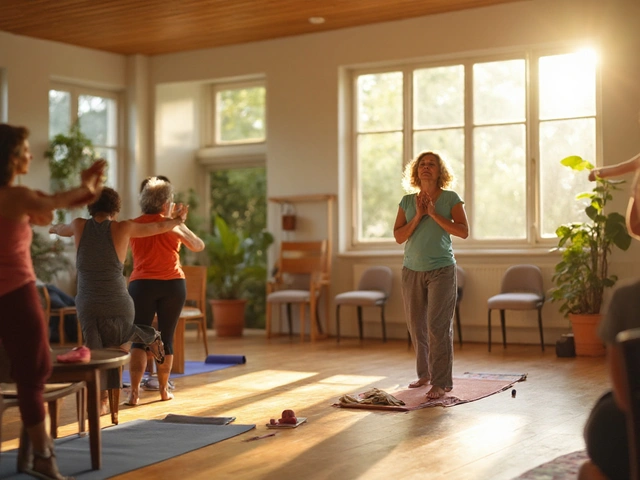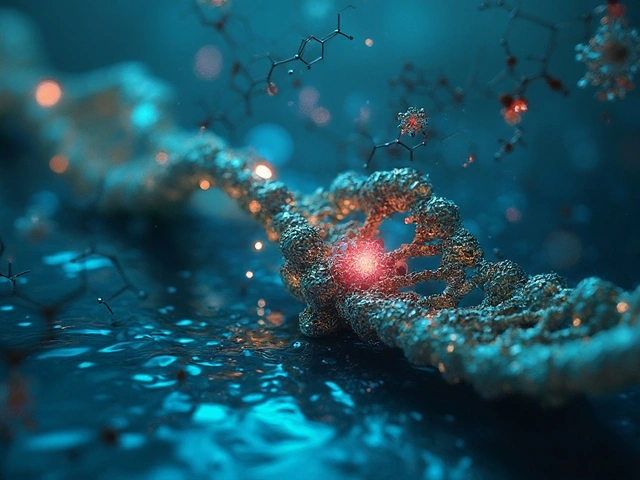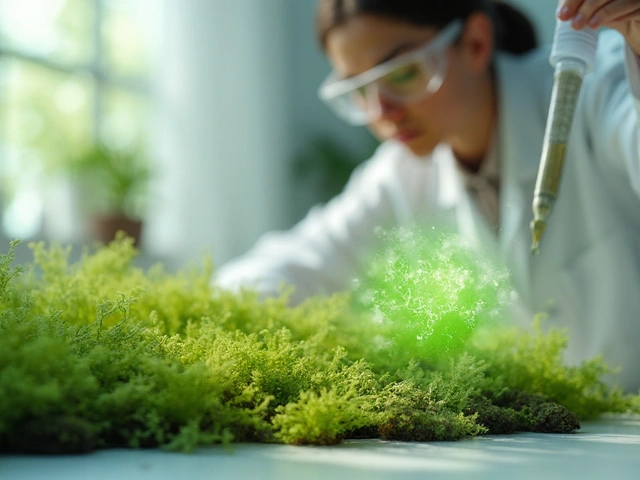Why Do We Get Hiccups? Understanding the Cause and How to Stop Them
Ever get that funny "hic" sound out of nowhere and wonder what’s going on? You’re not alone. Hiccups are just a sudden spasm of the diaphragm, the muscle that helps you breathe. When the diaphragm jerks, you hear the hiccup sound as your vocal cords snap shut.
What Triggers a Hiccup?
Most hiccups start because something irritates the nerves that control the diaphragm. Eating too fast, drinking carbonated drinks, or swallowing air can do it. Spicy foods, sudden temperature changes in your stomach, or even a burst of excitement can also set them off. In a few cases, stress, excitement, or a quick laugh can trick the nerves into firing.
Medical conditions sometimes cause hiccups that stick around longer than a minute. Acid reflux, pneumonia, or a sore throat can irritate the diaphragm’s nerve pathway. If a hiccup lasts more than 48 hours, it might mean something deeper is going on and you should see a doctor.
Fast Ways to Calm a Hiccup Spell
There are plenty of home tricks that work for most people. Holding your breath for about 10‑15 seconds lets carbon dioxide build up, which can reset the diaphragm. Drinking a glass of cold water quickly or sipping it through a straw also helps by stabilizing the breathing pattern.
Another easy trick is to swallow a teaspoon of sugar. The grainy texture can stimulate the vagus nerve and stop the spasm. Some folks swear by gently pulling on their tongue or pressing the palm of their hand against their forehead while breathing slowly.If hiccups keep coming back, try to identify the pattern. Do they happen after a certain food, drink, or activity? Cutting out that trigger often prevents future episodes.
Remember, most hiccups are harmless and go away on their own. They’re just the body’s way of sending a quick, surprising signal that something brushed the diaphragm’s nerves. If they linger, or you feel pain, cramps, or trouble breathing, get medical advice.
Now you know why hiccups happen and a few simple ways to stop them. Next time the “hic” pops up, you’ll have a plan ready.

Why Do We Get Hiccups? The Science Explained
Discover the real science behind hiccups, how the reflex works, common triggers, and when they turn pathological. Learn effective ways to stop them.




